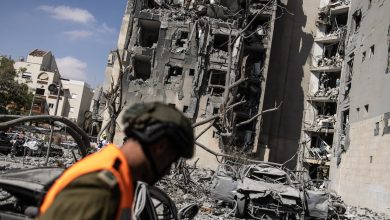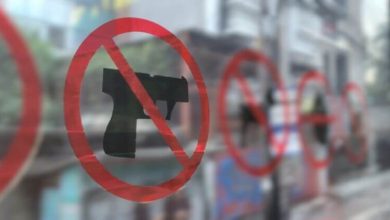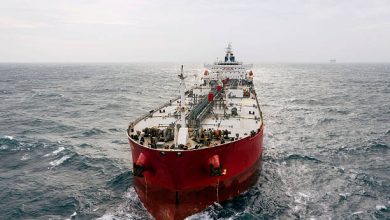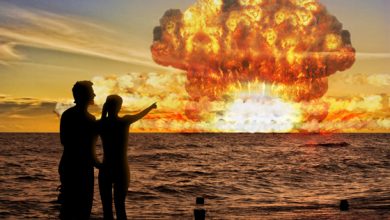Putin announces new submarines, but the industry is strained
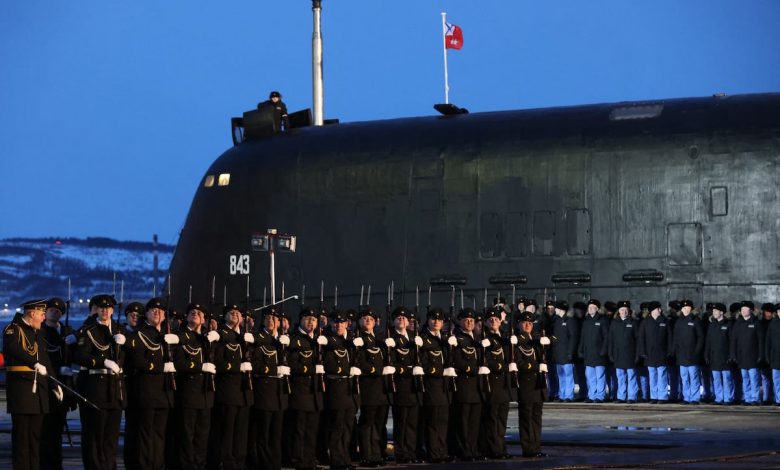
MOSCOW — Russia will build eight nuclear multi-purpose and strategic submarines for the Navy, according to the Russian president.
Vladimir Putin announced the plans after the launching ceremony last week of the new Perm nuclear submarine of the Yasen-M class. That boat will be the first full-time carrier of the Zircon hypersonic cruise missile.
Following the withdrawal of Soviet submarine, military officials originally wanted to field 30 Yasen-class submarines and 14 strategic Borei-class boats.
Putin’s announcement indicate a shift on objectives, with 10 copies to be built in each class.
Submarine manufacturing plant Sevmash has emerged as something of a bottleneck in the overall production scheme. The plant hasn’t been making enough boats, and only a year ago modernized its production facilities.
Given Russian plans to start building new fifth-generation submarines of the Husky class by 2027, the Yasen-M line may cease to exist, according to Pavel Luzin, a Russia defense expert with the Washington-based Center for European Policy Analysis.
Moscow’s overall naval weapons mix has leaders hesitant to rush into additional Yasen production, as support elements like reconnaissance satellites and ships as well as accompanying surveillance aircraft are lacking, according to Dmitry Smirnov, a Russian military expert.
In addition, the defense budget shifted to the production of weapons needed in the war against Ukraine. Sevmash is not receiving enough orders for the construction of submarines, and employees are getting pay cuts, says economist Vyacheslav Shiryaev.
Aggravating the situation, after the invasion of Ukraine, Russia lost access to foreign components due to sanctions and was forced to start from scratch on some submarine parts.
Maxim Starchak is a Russia correspondent for Defense News. He previously worked as an editor for the Russian Defence Ministry and as an expert for the NATO Information Office in Moscow. He has covered Russian nuclear and defense issues for the Atlantic Council, the Center for European Policy Analysis, the Royal United Services Institute and more.


